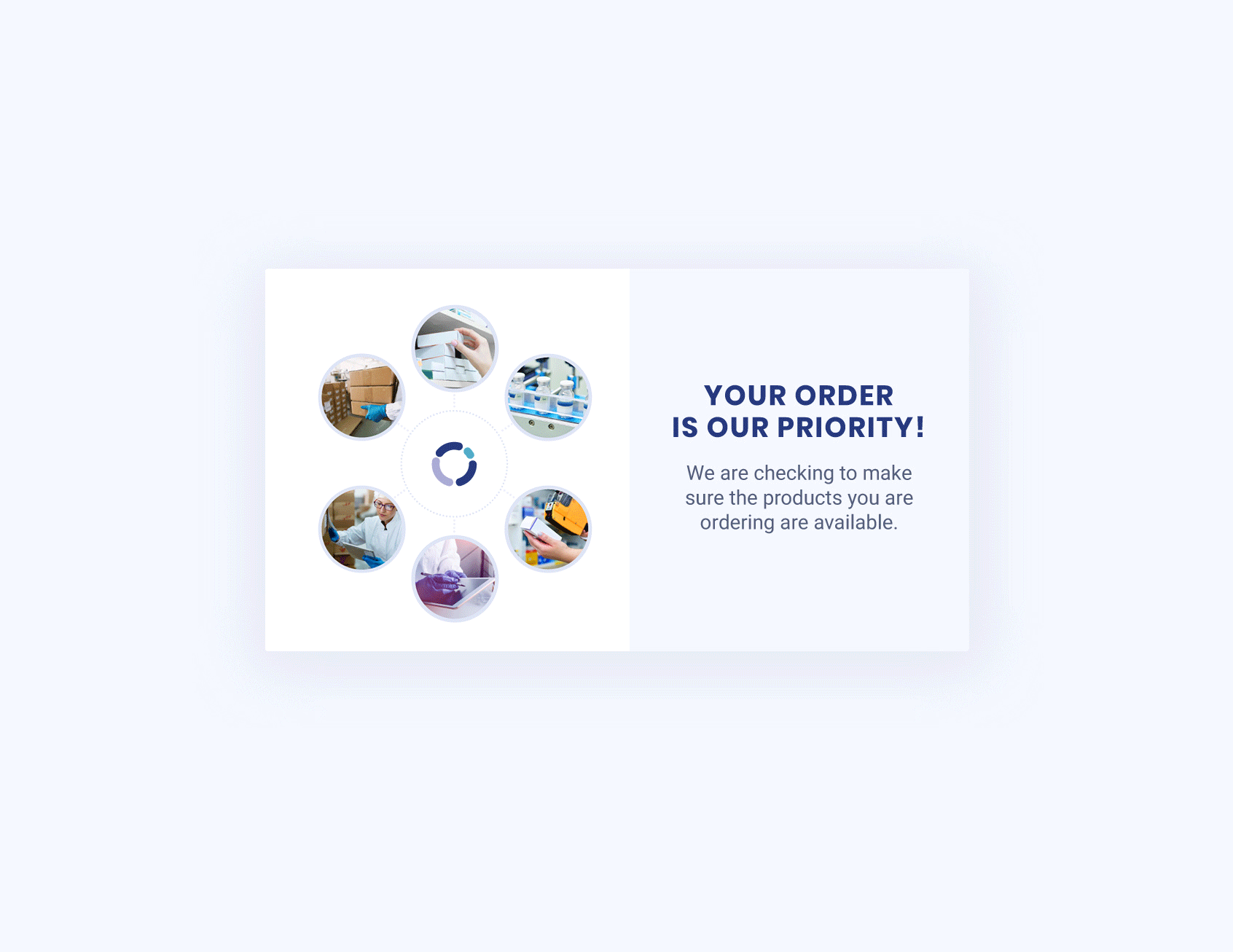-
- AAMI Level 3 Multilayer Isolation Gowns
- Accu-Sed« Plus ESR Control Kits
- Add-A-Cath 2-Layer Foley Catheter Tray with Drain Bag
- Allergan
- Anesthesia
- Apparel
- Basic Procedure Face Masks with Ear Loops
- Becton Dickinson
- Beds & Mattresses
- Biohazard Patient Room Sharps Disposal Containers
- Bordered Gauze Adhesive Island Wound Dressing
- Botox Cosmetic
- Breakroom
- Bullseye Plastic Wound Ruler
- Central Sterile
- Cidex / MetriCide OPA Test Strips
- CIRCUIT, 60"UNI,1BV,3L,GSL,MASK6
- Class 4 Steam Indicator Strips
- Class 5 Steam Integrator Strips
- Class 6 Steam Emulator Strips
- Classic Cover Lightweight Polypropylene Isolation Gowns
- Cleaning
- Clear Vinyl Intermittent Catheters
- Computers & Accessories
- CT Contrast Injection Syringes by Coeur
- CURAD Nitrile Exam Gloves
- CURAD Powder-Free Textured Latex Exam Gloves
- CURAD White Nitrile Exam Gloves
- Cysto/TUR 90" Irrigation Sets with Cylindrical Drip Chamber
- Diagnostics
- Disposable Fluid-Resistant Polyethylene Film Heavyweight Gowns
- Disposable Multilayer Patient Gowns
- Disposable Patient Gowns
- Double Life SOS Paper Bags
- Durable Medical Equipment (DME)
- Electronics
- Endo Mechanical Products
- Endoscopic PDS II Absorbable Suture by Ethicon
- Environmental Services (EVS)
- Equipment & Furnishings
- Ethicon
- Fetal2EMR Fetal Monitoring Systems by Wallach Surgical Devices
- FluVaccine2023PD
- FluVaccine2023PS
- Foley Catheter Insertion Trays
- Foot & Ankle
- Furniture
- Gentac Silicone Tapes
- Gloves
- Immobilizers: Procare Shoulder Immobilizer with Foam Straps, Size XS, 6" D x 11" L
- Incontinence
- Intermittent Urethral Catheterization Trays
- Isolation Face Masks with Ear Loops
- Jeuveau
- Jumbo Toilet Paper
- Lab Supplies
- Large Biohazard Containers
- Large PG-II Waste and Sharps Containers
- Leg Bags with Slide-Tap Drainage Port
- Leg Bags with Twist Valve
- LiftLoc Safety Infusion Sets
- Low Density Clear Liners
- Low-Density Black Liners
- Luer Lock Tip Syringes
- Markers: Accent Tank Style Highlighter with Chisel Tip, Fluorescent Yellow
- MedFix Dressing Retention Tape
- MedFix EZ Dressing Retention Tape
- Medline Alcohol-Free Moist Towelettes
- Medline Biohazard Liners
- Medline Disp. Fluid-Resistant Bilaminate Film Procedure Gowns
- Medline Disp. Fluid-Resistant SMS Medium-Weight Isolation Gowns
- Medline Disp. SMS Medium-Weight Cover Gowns with Full Back
- Medline Disp. SMS Medium-Weight Isolation Gowns with Side Ties
- Medline Disposable SMS Lightweight Cover Gowns with Full Back
- Medline Standard Hypodermic Syringes with Needle
- Medline Standard Instant Cold Packs
- Merz
- MicroKlenz Antimicrobial First Aid Antiseptic
- Multipurpose Sharps Containers
- N95 Flat Fold Respirator Masks
- Needle, Breast Legion: 20G x 7 cm Kopans Breast Legion Localization Needle
- Nonskid Polypropylene Shoe Covers
- Nonsterile Precut Nonconductive Suction Tubing
- Nursing Supplies/Patient Care
- Nutrition
- Office Supplies
- Optifoam Adhesive Foam Dressings
- Optifoam Basic Hydrophilic Polyurethane Foam Dressings
- Optifoam Heel Nonadhesive Foam Dressings
- Optifoam Site Fenestrated Foam Dressings
- OptiLock Nonadhesive Super Absorbent Wound Dressings
- OR/Surgery
- Pain Management specialists
- PANTIES,EXAM/SURG,DISPOSABLE,BLACK,LG/XL
- Paper
- Paper Wound Ruler
- Pharmacy
- Pinc Zinc Oxide Fixation Tape
- Pre-Connected Vinyl Intermittent Catheter Trays
- Premium Facial Tissues
- Print & Copy
- Puracol Collagen Wound Dressings
- QuickVue RSV Test by Quidel
- Quincke Spinal Needles
- Red Rubber Latex All-Purpose Intermittent Catheters
- Replacement Light Bulbs by Wallach Surgical
- Respiratory
- Safety Hypodermic Needles
- Scar Cream & Gels
- School Supplies
- SensiCare 200 Nitrile Exam Gloves
- Sensicare Gloves
- SilvaSorb Silver Antimicrobial Wound Dressing
- Silvertouch 100% Silicone Foley Catheters
- Skin Care
- Sklar Sklar Soak
- Smart Box Technology Gloves
- SmartGuard Powder-Free Nitrile Exam Gloves
- Spunbond Polypropylene Smooth Bottom Shoe Covers
- Standard Facial Tissues
- Standard Surgical Face Mask with Ties
- Standard Toilet Paper
- Sterile Basic Surgical Pack I, Eclipse
- Sterile Bulb Tip Yankauers
- Stratasorb Waterproof Adhesive Island Wound Dressings
- Suction Canister Accessories
- Supports: Extensor Lumbosacral Support with Pockets, Size L 34" - 38"
- Surgical Specialties
- Textiles
- Therapy & Rehabilitation
- Tourniquets by Medline
- Transeptic Cleansing Solution
- Triumph Latex Surgical Gloves
- UltraFlex Male External Catheter by CR Bard
- Ultrasorbs Air Permeable Drypad Underpads
- Underbuttocks Drape with Pouch and Port
- Universal Block Trays
- Universal Suction Tubing with Scalloped Connectors
- Urinary Drain Bags
- Urology & Ostomy
- VaccinesPD
- VaccinesPS
- Vascular Access
- Wide-Band Male External Catheter by CR Bard
- Wound Care
- Wristbands: Adult "Allergy Alert" Wristband, Red
- Shop Products
-
- Sterile Procedure Packs
- Skin Prep
- Sterilization Wrap
- Electrosurgery
- Surgical Drapes
- Prep Trays
- Positioners
- Footwear
- Headwear
- Face Protection
- Surgical Gowns
- Skin Scrub Solutions
- OR Basics
- Equipment
- DVT Therapy
- Sponge Detection Systems
- Closed Wound Drainage
- Wound Care
- OR Towels
- Radiology Trays
- Sterile Procedure Trays
- Cath Lab
- Sterilization Equipment
- Stockinettes
- Lap Sponges
- Needle & Sponge Counters
- Accessories
- Eye Protection
- Surgical Pads
- Surgical Mesh
- Chest Drains
- Floor Care
- Specimen Vials
- Punctal Occlusion
- Key Surgical K-Wire
- Amnio Hooks
- MicroAire Dual Smooth Trocar K-Wires
- MicroAire Smooth Double Trocar K-Wire
- Room Turnover Kits
- Sklar Kirschner Wires
- Umbilical Cord Clamps
- Orthobiologics
 Cart Details
Cart Details
Login With Pipeline Medical




 Shop
Shop